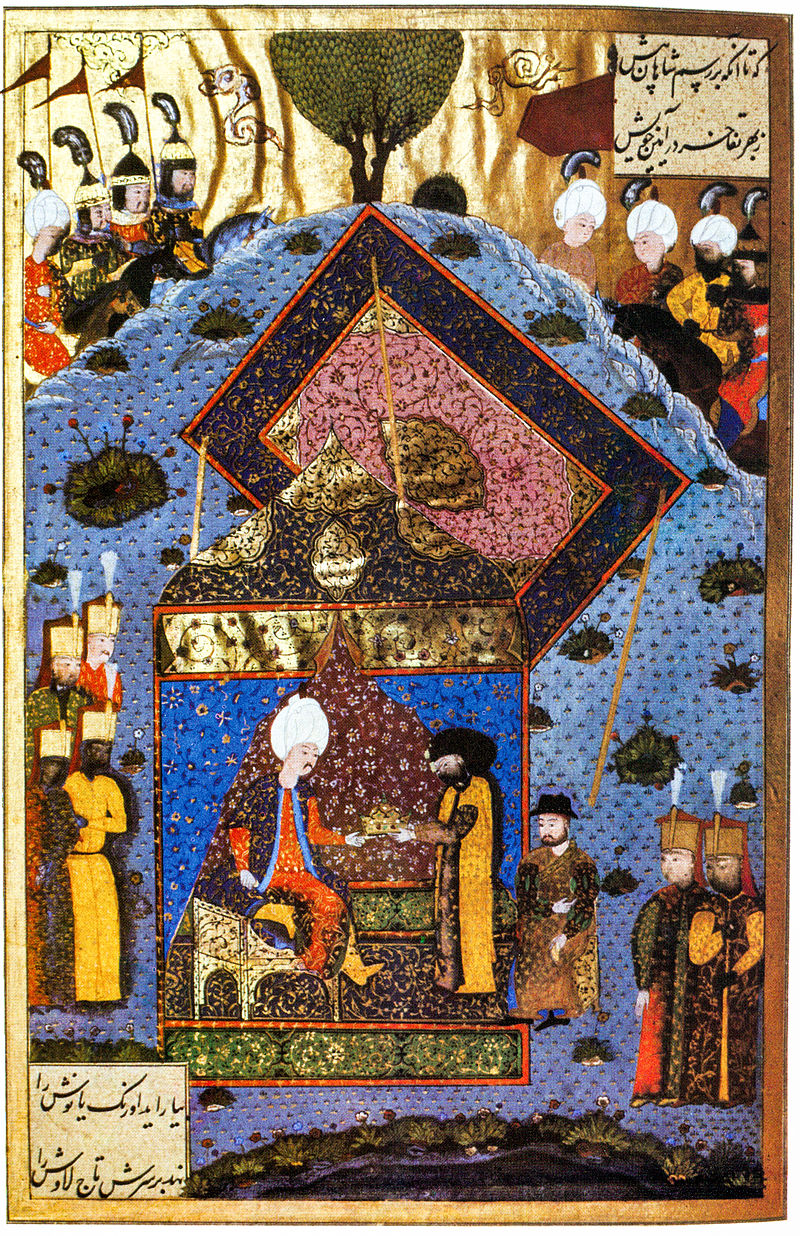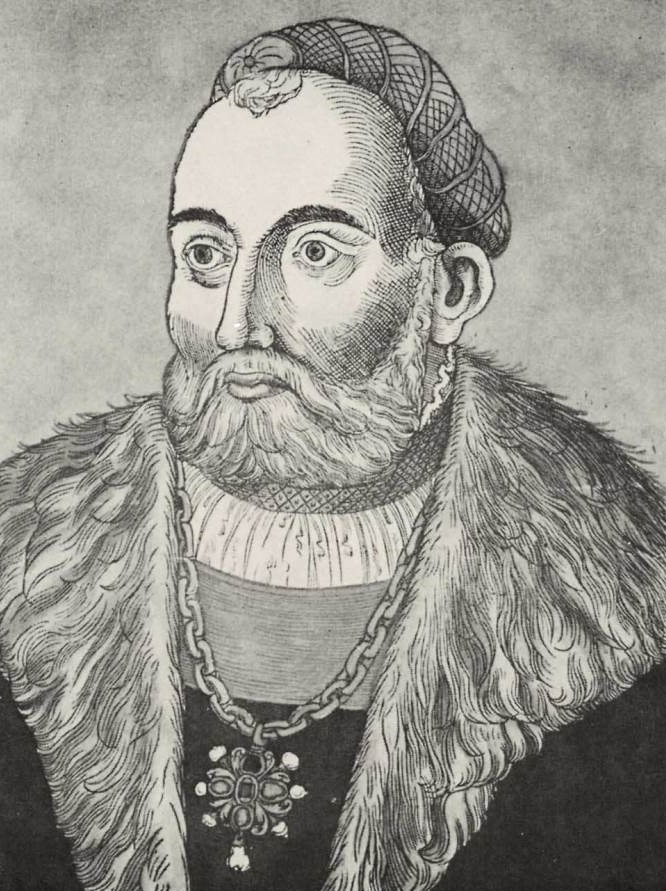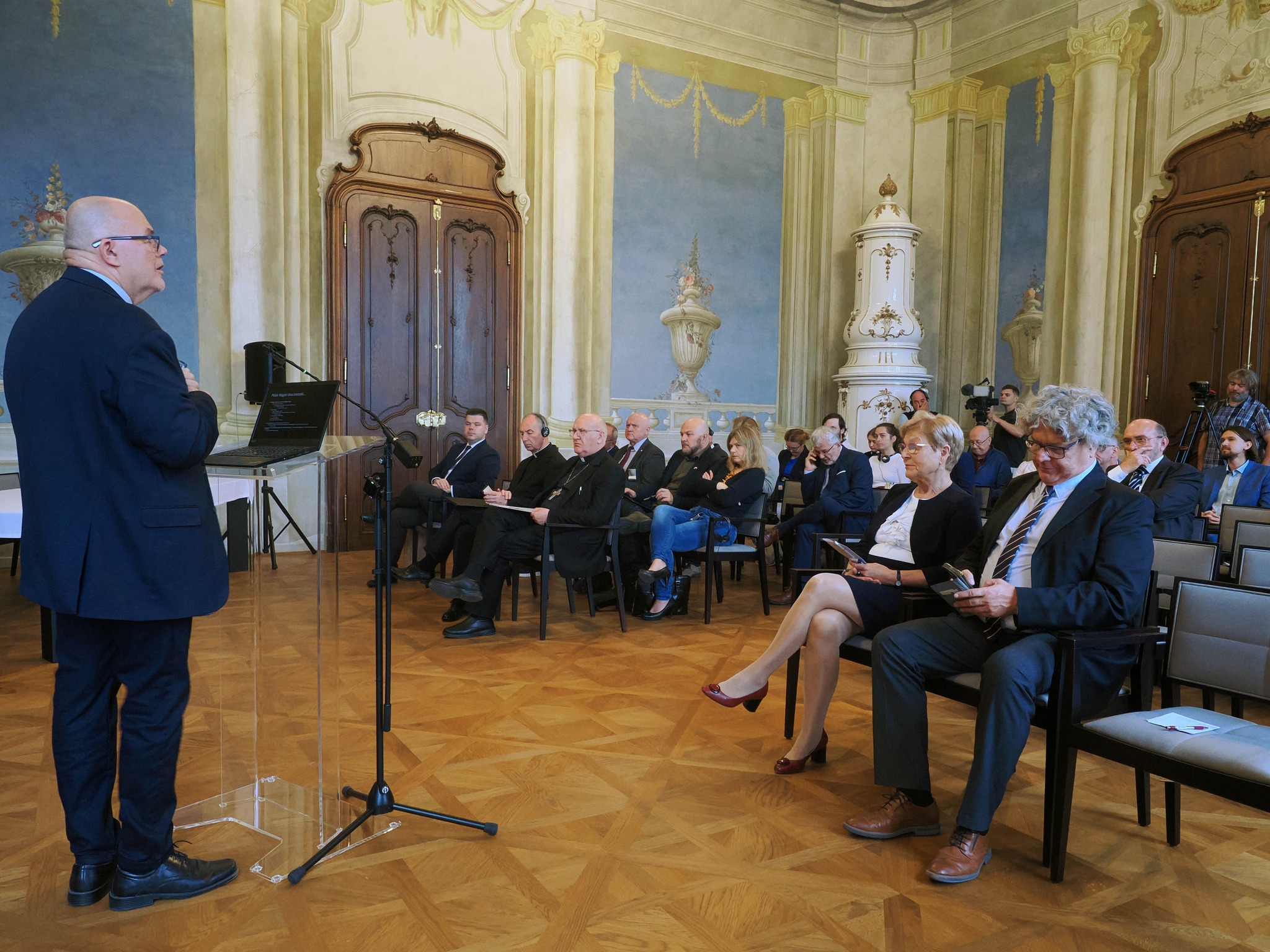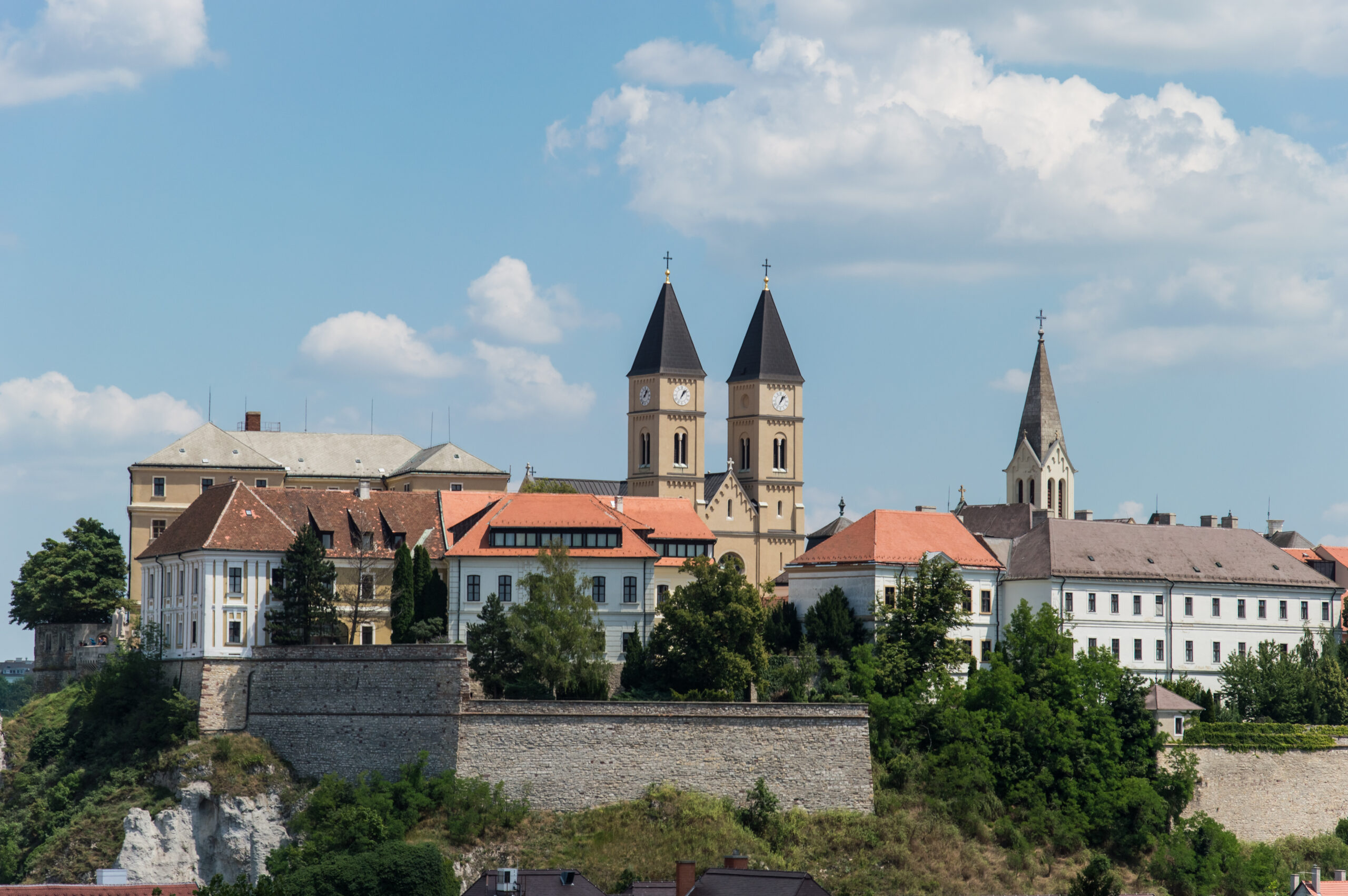Legend of Szapolyai’s delay – Alba Iulia (Gyulafehérvár)
Fact of the Hungarian figure „The vast cemetery of our national greatness” – The Battle of Mohács”
Part of the „The myth of national disaster” topic
Legend of Szapolyai’s delay
János Szapolyai, the Voivode of Transylvania and later King of Hungary from 1526, was one of the most influential figures in Hungary during the early 16th century.
The legend surrounding his delay at the Battle of Mohács, where he and his army of 15,000 men allegedly failed to arrive in time, has long been a source of controversy. Following the disastrous defeat at Mohács and the death of King Louis II, Szapolyai emerged as a leading candidate for the Hungarian throne, competing against Ferdinand of Austria. This has led to accusations that Szapolyai deliberately avoided the battle to position himself as Louis II’s successor.
However, this belief is largely speculative and lacks concrete evidence. While it is true that Szapolyai had ambitions for the crown, the idea that he deliberately stayed away from the battle to ensure Louis II’s death is questionable. Predicting the exact outcome of the battle, including the king’s demise, would have been nearly impossible. Moreover, Szapolyai’s forces were still mustering in Transylvania when the preparations for the battle were underway.
It remains unclear whether Szapolyai’s absence was due to logistical challenges in mobilizing his army or possibly even orders from the king himself. What is certain is that his delay, whether intentional or not, had significant consequences. The weakened Hungarian forces were unable to withstand the Ottoman onslaught, leading to one of the most tragic defeats in Hungarian history.

This miniature illustrates Sultan Suleiman’s formal act of reinstating King John I after the capture of Buda. Following Szapolyai’s oath of loyalty, Suleiman honored him with ceremonial gifts, personally greeted him with exceptional respect, and restored the Holy Crown and the fortress of Buda, reaffirming Szapolyai’s kingship under Ottoman protection during the 1529 campaign toward Vienna.





